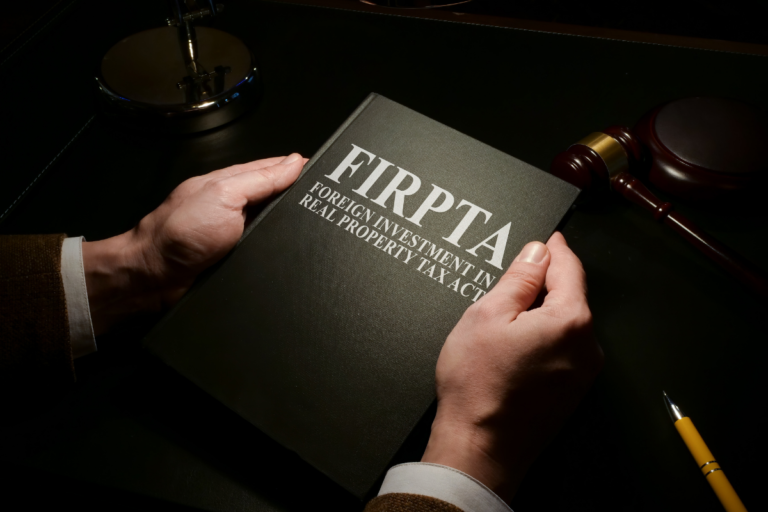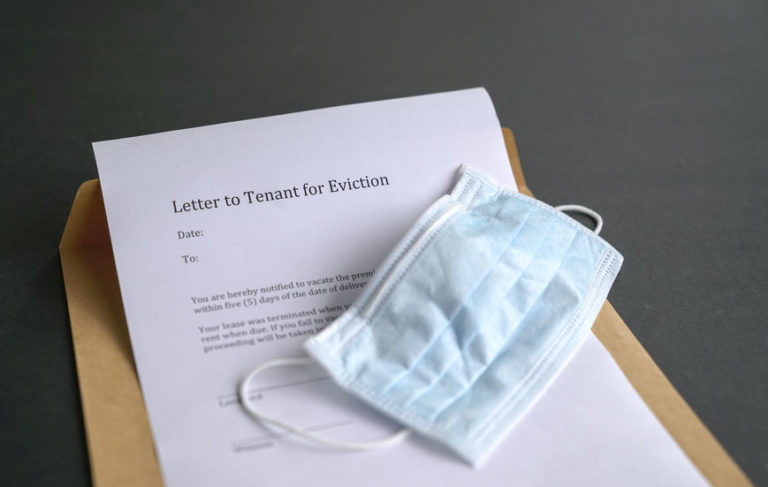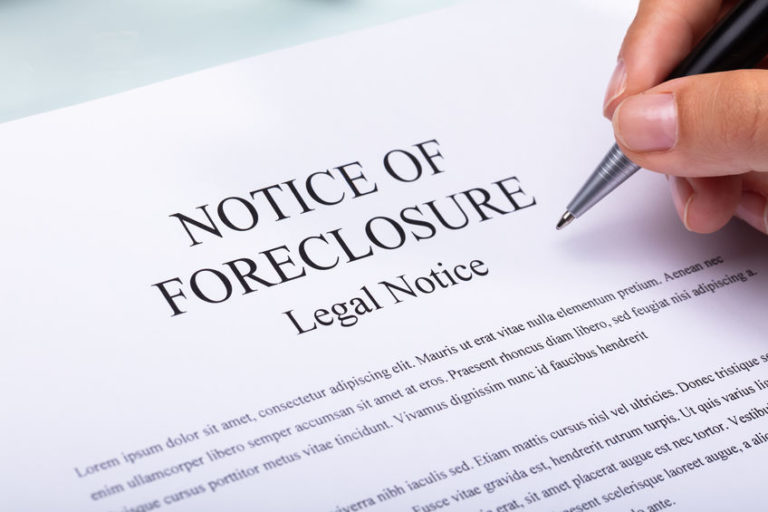
What Happens if a Foreigner Dies with Real Estate in the U.S. Under Florida Law?
If a foreigner who owns real estate in the United States passes away, and the owned property is subject to

If a foreigner who owns real estate in the United States passes away, and the owned property is subject to

The changing of a remainderman in Florida can be complex and tricky business, however, here are a few tips that

During these trying times due to COVID-19, many Miami residents have been out of work for months, making it nearly impossible to keep up with rent payments. Many of these Miami residents are being evicted. In some cases, these tenants have reached the end of their lease or do not have a written lease. The lack of a written lease may give the landlord the impression they can evict the tenant whenever they want, but Florida law states differently.

Foreign investing has seen a dramatic increase the last several years. Florida has been one of the more prominent locations where such foreign investing occurs, specifically in real estate. Miami, in particular, contains a lucrative real estate market where many investors from all over the world come to invest. It is imperative that these foreign investors are aware of the various implications when acquiring property with a particular holding structure and properly plan their investments.

In March, due to the coronavirus pandemic and the economic disadvantage it placed many Floridians, the Governor of Florida issued a moratorium on all mortgage foreclosure and eviction causes of action in the state. Although this executive order has now expired, the Centers for Disease Control and Prevention (CDC) has released a new order, “Temporary Halt in Residential Evictions to Prevent the Further Spread of COVID-19.”

A security deposit is a refundable fee that a new resident gives to their landlord in addition to advance rent payment. The security deposit is essentially an insurance on the property in the event that the tenant causes any damages made by the tenant that exceeds ordinary wear and tear.

In Florida, if a bank, lender or servicer anticipates filing a foreclosure action, there are certain steps it must take prior to doing so. These provisions are called conditions precedent to foreclosure. State and federal law, as well as the contractual language of the mortgage and promissory note, set forth some of those requirements. Financial institutes are under the obligation to abide by these conditions. Failure to do so opens the door to defenses to the foreclosure claim which can lead to dismissal of the case.

A security deposit is a refundable fee a landlord takes from a tenant at the start of a lease term. Landlords may withhold security deposits for several reasons, such as protection against damage to the premises, to cover a loss due to non-payment of rent, or to cover unpaid utilities once the tenant has vacated the premises.

The simple answer is yes. Anyone can buy property in the United States. However, foreigners are best suited to buy U.S. property with one-time payment instead of financing it. This is because if a foreigner wants to get a U.S. mortgage or a loan – it is often nearly impossible to get approved due to the lack of U.S. credit history.

If you reside in another state but wish to convert your domicile to the state of Florida, there are many ways you can make a showing that would reflect Florida residency, especially for purposes of homestead exemption or paying in-state tuition at a Florida university. Many individuals, including investors, choose to make Florida their state of domicile, mainly because Florida has no state income tax, as opposed to states like New York, Georgia or California.
Our team of highly trained attorneys, with over 200 years of combined experience, includes 25 multi-lingual attorneys, and utilizes cutting-edge technology to beat the competition.
Esta es una guía rápida de referencia jurídica que cubre 16 temas que cada empresario necesita saber para empezar un negocio.